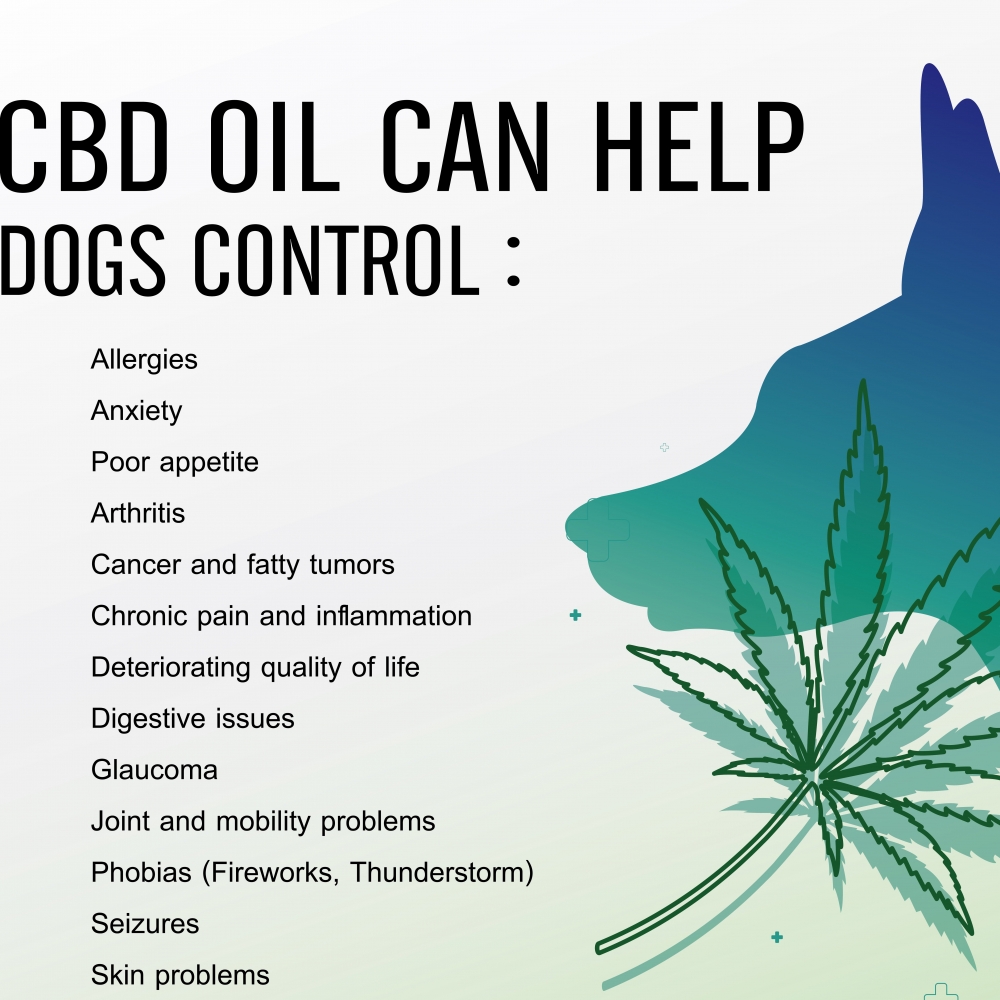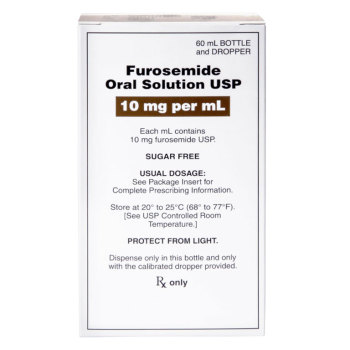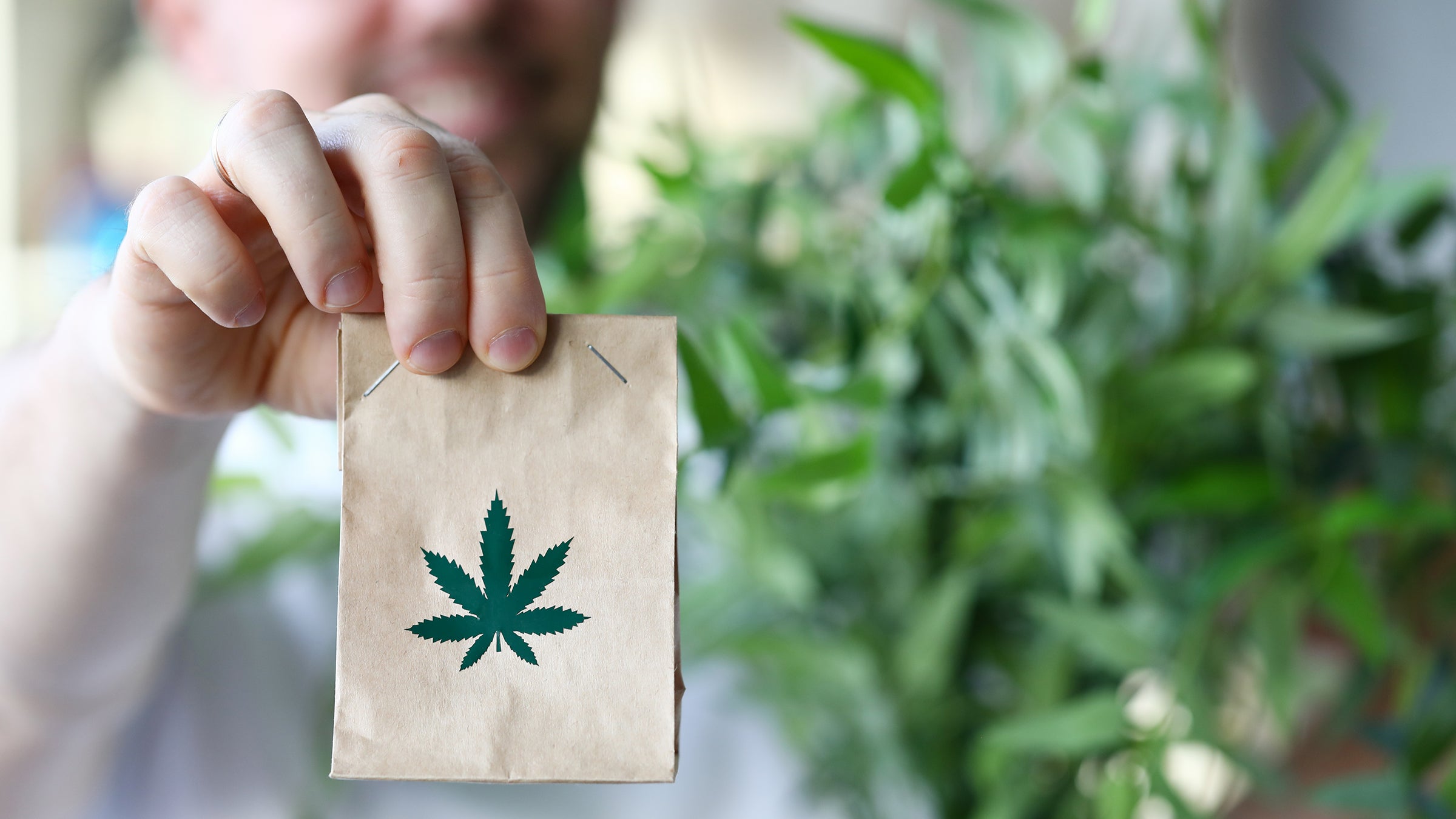
Charleston Hemp Collective is the place to visit if you want to experience hemp products in Charleston. It is a lovely place with a great vibe and helpful employees. The Charleston Hemp Collective will be open Monday through Saturday. CBD oil, bath crystals, gummies and tinctures can be purchased at the Charleston Hemp Collective.
CBD oil
People with chronic conditions can find CBD oil at the Charleston hemp cooperative a great choice. The products are grown and manufactured in Charleston in South Carolina. They are also produced in a collaborative setting. The company's "seeds to soul" approach is typical of Southern culture. The tinctures have unique flavors and are made five different times. JW recommends the broad spectrum gummies for anyone who wants to get the maximum CBD oil.

Bath crystals
Charleston hemp cooperative offers bath crystals as well full spectrum hemp olive oil and hemp-derived products. These products replenish and nourish the largest organ in the body. The products are great for pets and can be used to help manage anxiety. They will continue to educate Lowcountry residents about the benefits of hemp products.
Gummies
Charleston Hemp Collective CBD Gummies are a great option if you're looking for a CBD oil substitute. These gummies are great for a variety and contain high-quality formulations. They are vegan and contain 400mg of CBD per serving.
Tinctures
If you are interested in trying hemp tinctures, Charleston has a few different options. The Charleston Hemp Collective is located in Charleston. There are also locations in Savannah GA. Columbia SC. Boone NC. High foot traffic is guaranteed by the stores being located along main streets. The atmosphere in the hemp store is friendly and welcoming. The store's owners are passionate about changing the way people view cannabis. They are more than happy to provide samples and educate visitors.

Willie's Remedy teas
Charleston hemp collective sells a wide range of hemp-infused teas & coffees. They are made with whole-spectrum hemp extract by independent farmers. These are great options for teas made without caffeine.
FAQ
Is CBD a good business to invest in?
As hemp-based products gain popularity, so does the market. By 2022, the market for hemp-based products will reach $1 billion.
Market growth is expected to continue at a rate of more than 20% annually until 2020 when it will reach $2.5 billion.
Hemp oil is already used in many beauty and health care products such as lotions, shampoos, lip balms, moisturizers, body butter, and skin creams.
There are many companies that produce CBD-infused foods, snacks, pet food and dog treats.
CBD is currently legally available in all 50 States. However, this could change soon. As more research is conducted into the potential uses of CBD, more laws will likely be passed, making it easier for businesses to operate legally.
With these factors in mind, it's clear that investing in CBD can be a lucrative venture.
How does the price of CBD vary across different states?
Prices for CBD products will vary depending on where they are located. In fact, prices can differ by more than ten times!
Prices increase in the north. CBD in Alaska costs $35 per gram. In Hawaii, however, it costs about $200 per gram.
This trend continues across the country. Prices can range from $5-$2,500 per gram.
This is what's the deal?
Variable levels of regulation can explain why prices differ so greatly. Some states require that CBD products have very low levels of THC (the psychoactive part of marijuana). Some states don't care how much THC is present.
Some companies will sell their products in one place and ship to another.
What are the most effective uses of CBD?
CBD is an effective alternative to treating anxiety. It can be used to treat pain, insomnia and epilepsy as well as inflammation, depression, and many other conditions.
There are many ways you can consume CBD. CBD can be consumed in many ways.
Consuming CBD has many benefits. CBD has been shown to be beneficial for people with chronic pain, anxiety, PTSD, and other conditions.
What CBD products have the highest sales?
CBD products are everywhere these days. They can be used for anything, including pain relief or anxiety. This market is large and growing quickly.
What are people buying CBD for? And how does this affect you as a brand owner?
Statista reports that CBD products have relaxing properties. They are also purchased for their antiinflammatory properties.
If your product contains both CBD and THC, it can be used for medicinal and recreational purposes.
But what about brands which are focused on just one purpose? If a company sells CBD to relieve stress, it will be the only one that is competitive.
In addition, if a brand focuses on CBD for medical purposes, then it will have a large customer base.
However, if a brand wants to target recreational users, then they need to create a unique selling proposition (USP). A USP basically refers to a unique selling point that sets a brand apart.
For example, some brands offer free shipping, while others offer discounts for bulk orders.
Are CBD companies worth the investment?
This question will depend on your goals. These machines are great investments if your goal is to make money. But if you're looking for something to help people, then they are not the best investment.
How much CBD is required?
The product type you're using will affect the amount of dosing.
CBD oils come with a range of strengths: 100mg to 1000mg per ounce.
Some CBD products are made with precise dosages.
Charlotte's Web, for instance, produces CBD products that are high in CBD and other cannabinoids.
If you're unsure whether or not CBD will work for you, start with a low dose.
You can always climb higher.
Statistics
- While the primary injury may not be treatable, interventions that attenuate secondary sequelae are likely to be of benefit [203].Only one study (ncbi.nlm.nih.gov)
- however, one study also found that these effects were virtually abolished when the original media (a nutrient broth agar) was replaced with one containing 5% blood (increasing the minimum concentration to ~160 μM CBD) [179]. (ncbi.nlm.nih.gov)
- The use of these products is likely to become even more widespread if the World Health Organization's recommendation that CBD no longer is scheduled in the international drug control conventions is adopted by the United Nations member states [201]. (ncbi.nlm.nih.gov)
- A recent systematic review of human trials also reported that individuals with epilepsy receiving CBD (5–20 mg·kg−1·day−1) were more likely to experience decreased appetite than those receiving placebo (i.e., ~20 vs. 5% of patients) (ncbi.nlm.nih.gov)
- CBD seems unlikely to directly influence sleep in healthy humans [115] (and maybe “sleep-promoting” in those with certain comorbid conditions) (ncbi.nlm.nih.gov)
External Links
How To
What are the common issues in the CBD industry?
The market for CBD products is expanding at an astounding rate. Businesses looking to get into this market face many obstacles. There are many challenges facing businesses looking to enter this space, including low consumer awareness, high costs of entry and limited access to capital.
Many people don't know much about CBD or how it works. This makes it difficult for consumers to make informed decisions on whether or not they want CBD products.
CBD companies are heavily dependent on word-of–mouth marketing. This is expensive as they must pay advertising costs and to hire staff to market their brand.
Another issue for new entrants is the high cost production. CBD products require a lot of raw materials. To make CBD oil, hemp must be grown in certain climates and soil types.
Grow enough hemp to produce CBD oil requires approximately $1,000 per annum. Because of this, many small farmers are unable to afford to grow enough hemp for CBD oil.
The lack of capital access is another obstacle new entrants to the CBD market face. Banks discourage many people from starting a business because of the stigma attached to this industry.
Final, there are regulatory uncertainties surrounding the sale CBD products. There are no guidelines for how CBD products should market.
Some states have passed legislation restricting the sale of CBD products, but this has yet to become national policy.
Only two states, Nevada and Maine, have yet to legalize recreational marijuana.
Massachusetts and Michigan are however considering similar measures.
These changes could lead to increased competition between CBD manufacturers.
These factors have led many entrepreneurs to choose to work remotely rather than starting a physical business.